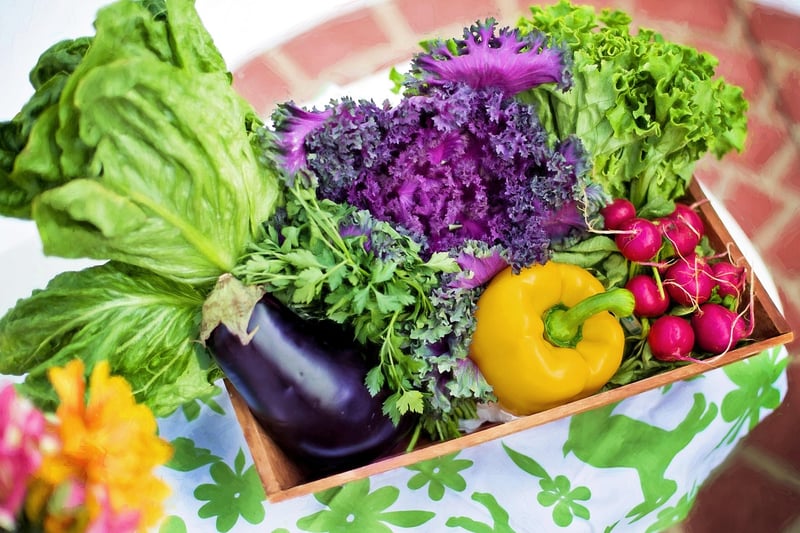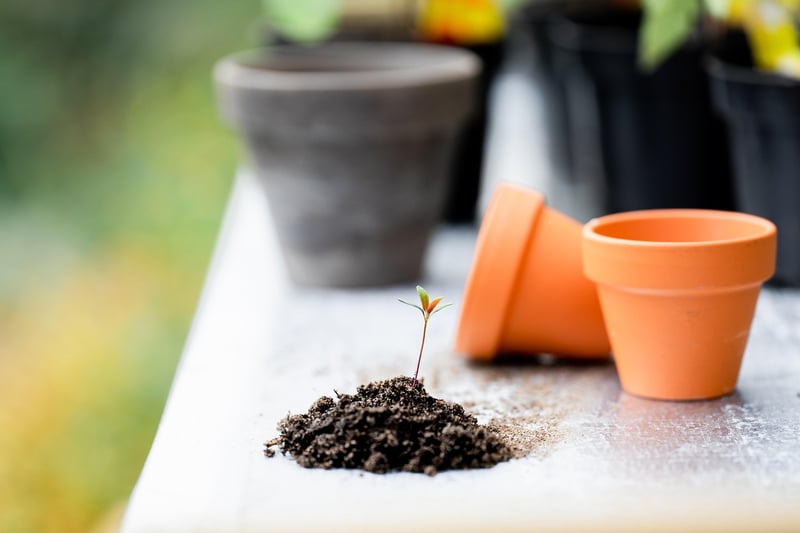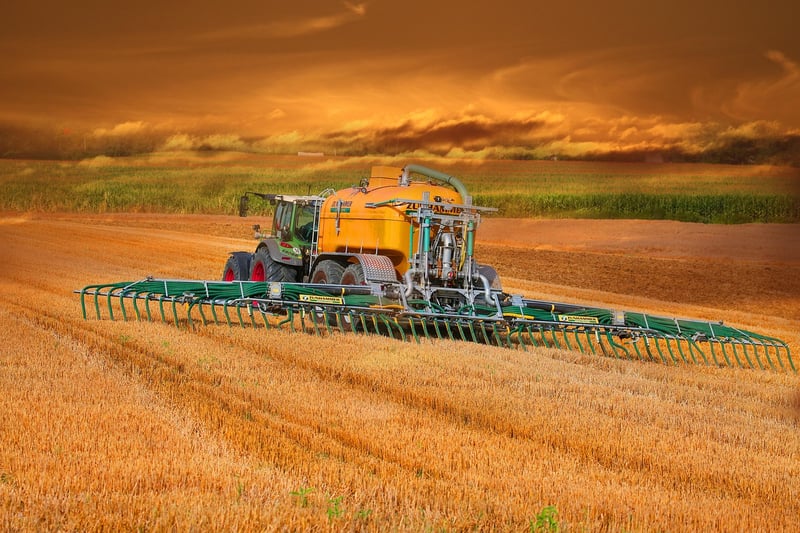Organic Fertilizer Production
The Art of Sustainable Gardening and Organic Fertilizer Production

Are you looking to create a thriving garden while also promoting sustainability and environmental consciousness? Sustainable gardening practices, coupled with the production and use of organic fertilizers, can help you achieve a lush and vibrant garden while minimizing your carbon footprint.
Benefits of Sustainable Gardening
- Reduces chemical pollution
- Conserves water
- Promotes biodiversity
- Supports healthy soil
- Reduces waste
Organic Fertilizer Production
Organic fertilizers are derived from natural sources and provide essential nutrients to plants without harming the environment. You can produce your own organic fertilizers using kitchen scraps, yard waste, and other organic materials. Composting is a popular method of organic fertilizer production that recycles organic matter into nutrient-rich soil amendments.
Steps to Produce Organic Fertilizer:
- Collect organic materials like fruit and vegetable scraps, eggshells, and yard trimmings.
- Create a compost pile or bin in your garden.
- Add the organic materials to the pile, ensuring a good balance of greens (nitrogen-rich) and browns (carbon-rich).
- Turn the compost regularly to aerate and speed up decomposition.
- After a few weeks to months, depending on the method used, your organic fertilizer will be ready to use in the garden.
Embracing Sustainability in Gardening
By adopting sustainable gardening practices and producing your own organic fertilizers, you contribute to a healthier ecosystem, reduce your reliance on synthetic chemicals, and create a more sustainable environment for future generations. Start your journey towards sustainable gardening today!

Remember, a little effort towards sustainability in gardening goes a long way in preserving our planet and creating a greener, healthier world for all.
For more information and tips on sustainable gardening, visit Sustainable Gardening News.
